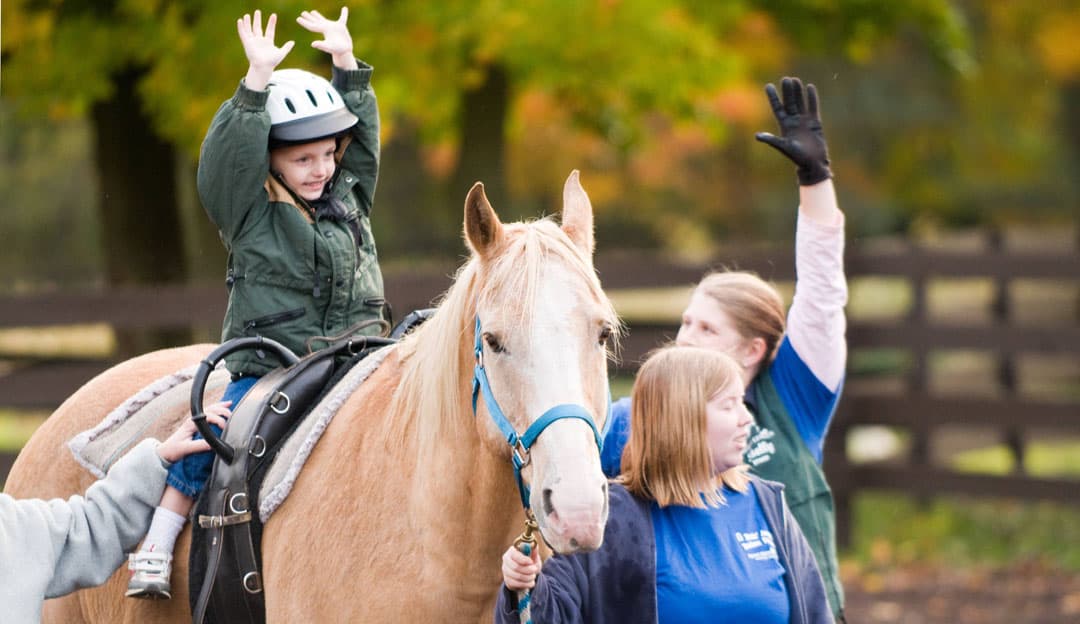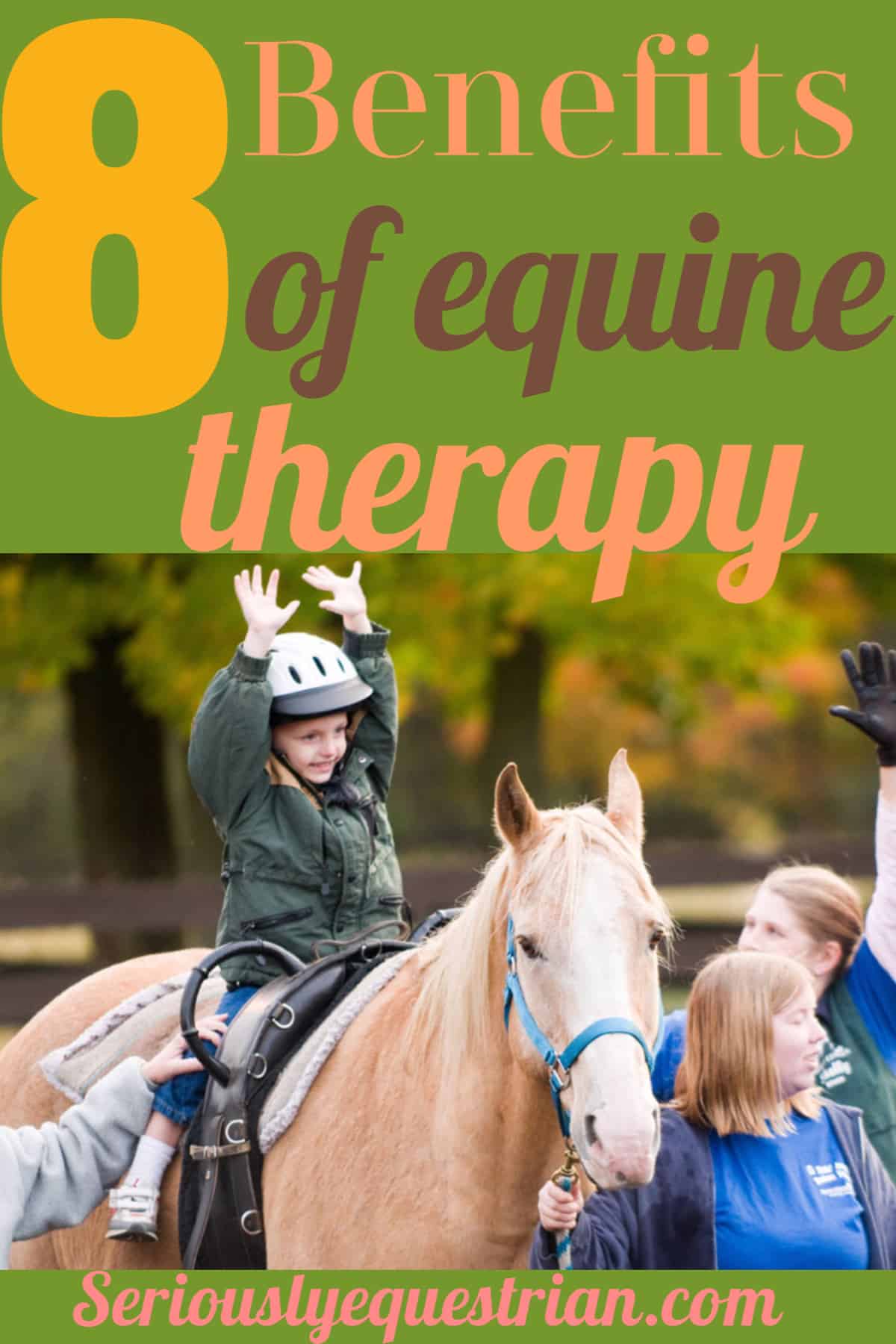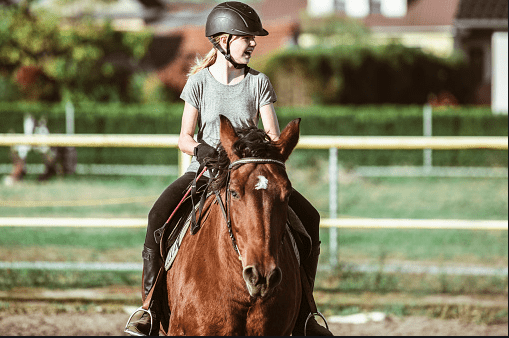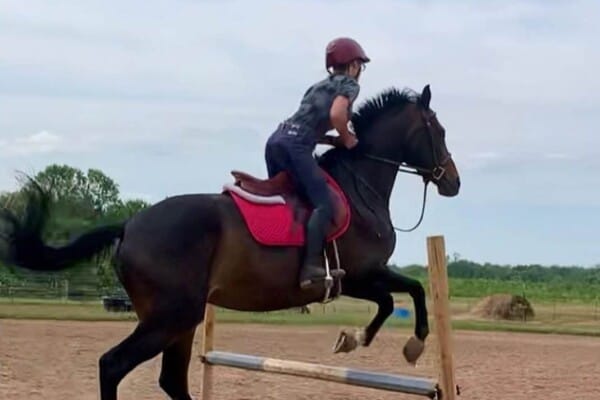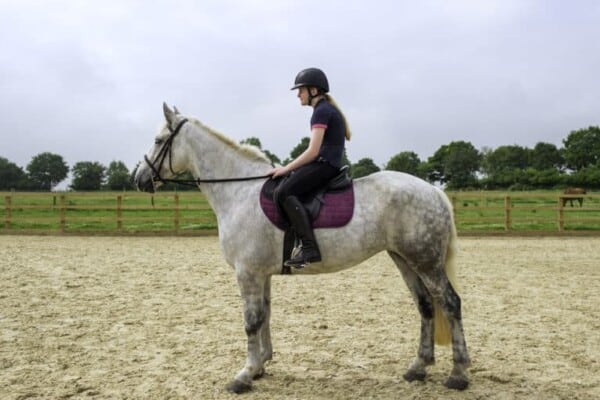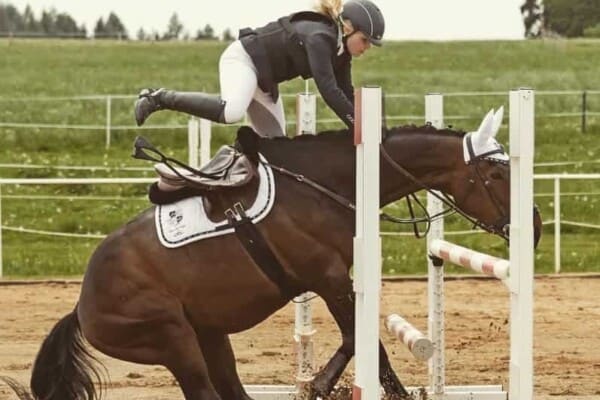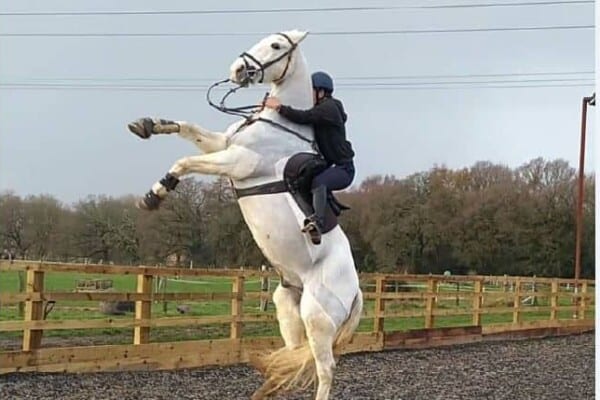The idea of using horses for improving physical and mental health is not new. Hippocrates was said to have mentioned the potential of horses being useful for helping to manage health. However, equine therapy hadn’t been adopted in the modern world until around the 1960s.
There are a number of reasons that equine therapy could be considered effective, and a number of reasons that make this branch of therapy very unique compared to other forms of rehabilitation.
A benefit of equine therapy is the fact that humans and animals require no words to communicate. This opens up a line of communication that may not be breached were the patient trying to reach a traditional therapist.
In this article we’ll discuss some of the most powerful benefits that you or a loved one could experience if you partake in equine therapy.
No Judgment
As mentioned above, animals and humans don’t require words to communicate. The communication that they do share is generally done solely on an emotional level, and people are often able to be more vulnerable around animals than they are around other people.
This means that being around horses helps to open up a non-judgmental and unbiased relationship in which a person can learn to express and understand themselves better. Horses are also very temperamental and intuitive, making them good companions for anyone hoping to manage a mental illness.
Mirroring
One unique aspect about equine therapy is the way that these animals intuitively mirror feelings that a patient may be experiencing – whether or not they are aware of it. Horses are very empathetic and they may reflect sadness, angst, or discomfort back towards the patient.
This can help to promote self-awareness and open-mindedness, should the patient make an active effort to interpret their horse’s behavior as a reflection of their own. This feedback loop can help an individual see deeper into the patterning of their own brain, leading them to understand their emotional reactions.
Vulnerability
One of the most difficult things that a therapist must deal with is the phase during which a patient begins to open up to them. During this phase, they may be aware that an individual is struggling with some mental health issues. However, the patient may not be willing to fully express what’s happening or how they’re feeling about it.
People tend to feel more comfortable being vulnerable around animals. Furthermore, if a therapist is present, people may be able to use the horse as a reference point or to anthropomorphize it to express problems that they’re experiencing but are less willing to be open about.
Physical Exercise
One of the most important aspects about mental rehabilitation is getting physical exercise. In fact, there is quite a bit of evidence that physical exercise fights depression, anxiety, and related conditions.
People who live sedentary lives, for example, tend to have a higher chance of developing problems like depression because exercise helps the body produce hormones like dopamine and serotonin, which are responsible for our well being.
Riding a horse is a great way to engage in physical exercise, and you will likely exercise muscles that you have never used before. This is a chance to explore new opportunities physically as well as emotionally, and opening up to these new areas of your body may help you open up to new areas in your mind.
Improves Self-Esteem
People who struggle with disabilities may find that their self-esteem improves if they spend time with a horse. Horses are highly sentient beings that do not judge or criticize individuals, instead, treating them as equals. They are very grateful and know how to be respectful towards the people that spend time around them.
These things can help to catalyze an individual’s self-esteem and can help to restore confidence to individuals who struggle with self-acceptance.
Enhances Attention Span
Another thing that equine therapy can be useful for is helping to boost attention span, making this a particularly interesting form of therapy for children who struggle with ADHD. Riding a horse requires a great deal of attention and can increase pre-operative thinking, something that people with attention deficit problems may struggle with.
Equine therapy can be particularly useful for being a preventative measure for young children. Teaching them how to control and multitask by riding a horse can be immensely beneficial for their growth.
Relaxation
Another benefit that can be had with equine therapy is relaxation and stress reduction. Spending time with horses tends to free the mind from stressors and preoccupations that may be occupying your time and mental energy.
Equine therapy has been shown to be particularly effective for helping people manage their anxiety. Furthermore, engaging with equine therapists can help people engage with trainers and other individuals that they may not normally interact with.
Spending Time in Nature
There’s little doubt that spending time in nature is one of the best things for improving health, both physically and mentally. Spending time doing equine therapy is a great way to connect with nature – primarily, the horse. If you’re really lucky, though, you may be able to engage in free-range equine therapy in which you take a horse through unbridled nature.
Spending time in nature reminds us that we’re not so separate from the natural rhythm of life. This reminder can help to ground us and put us in a peaceful mind state.
Conclusion
Equine therapy is a unique branch of therapy that allows people to seek relief from mental health problems by spending time riding and communicating with horses. This form of therapy has been proven to be helpful for managing conditions like anxiety, depression, stress, and ADHD, so if you or a loved one are struggling with any of these issues, equine therapy could be a great help.
Equine therapy is also used to help children and adults who suffer from various motor learning difficulties. For example many children with dyspraxia (also known as clumsy child styndrome) benefit from display improved cognition, mood, and gait parameters through the stimulation they receive from horse riding.
One of the most important aspects of equine therapy – or, indeed, any form of animal therapy – is the bond that is created between the animal and the patient. While it’s true that a traditional therapist will develop a special relationship with their patients, the relationship that’s formed between an animal and a human is unique and, in some ways, more beneficial.

